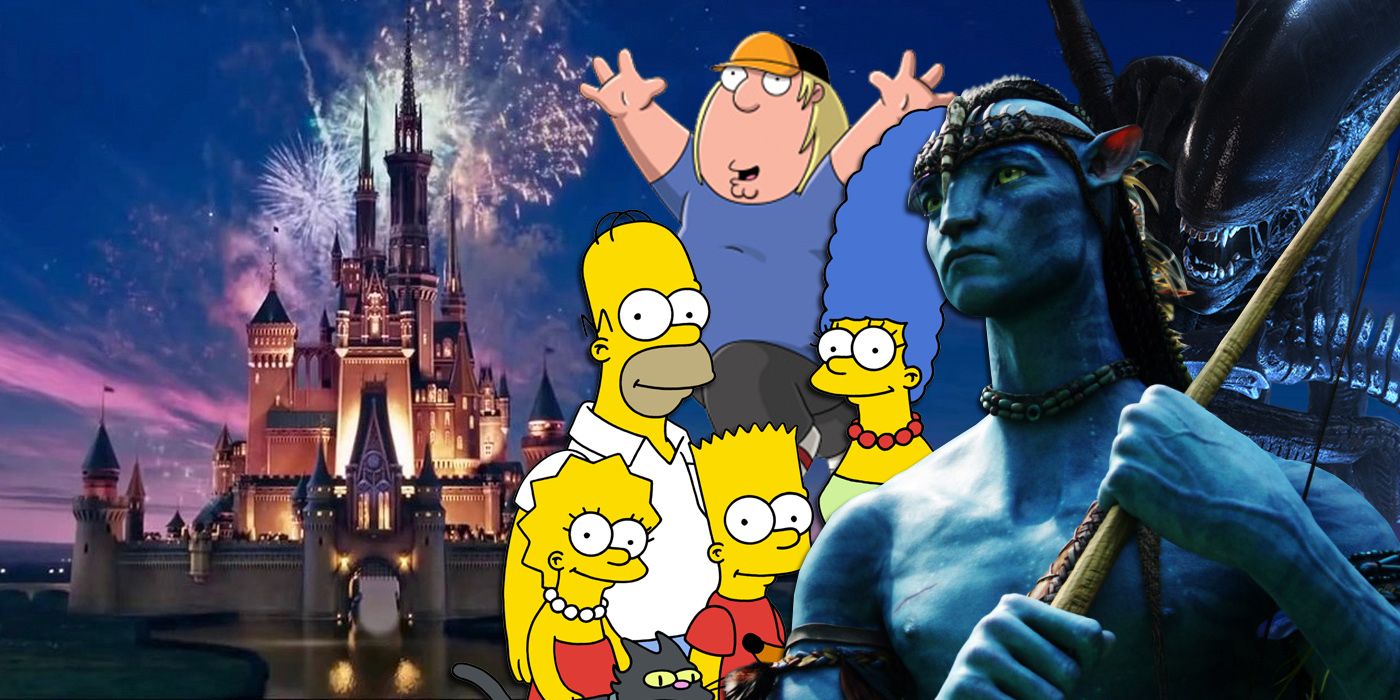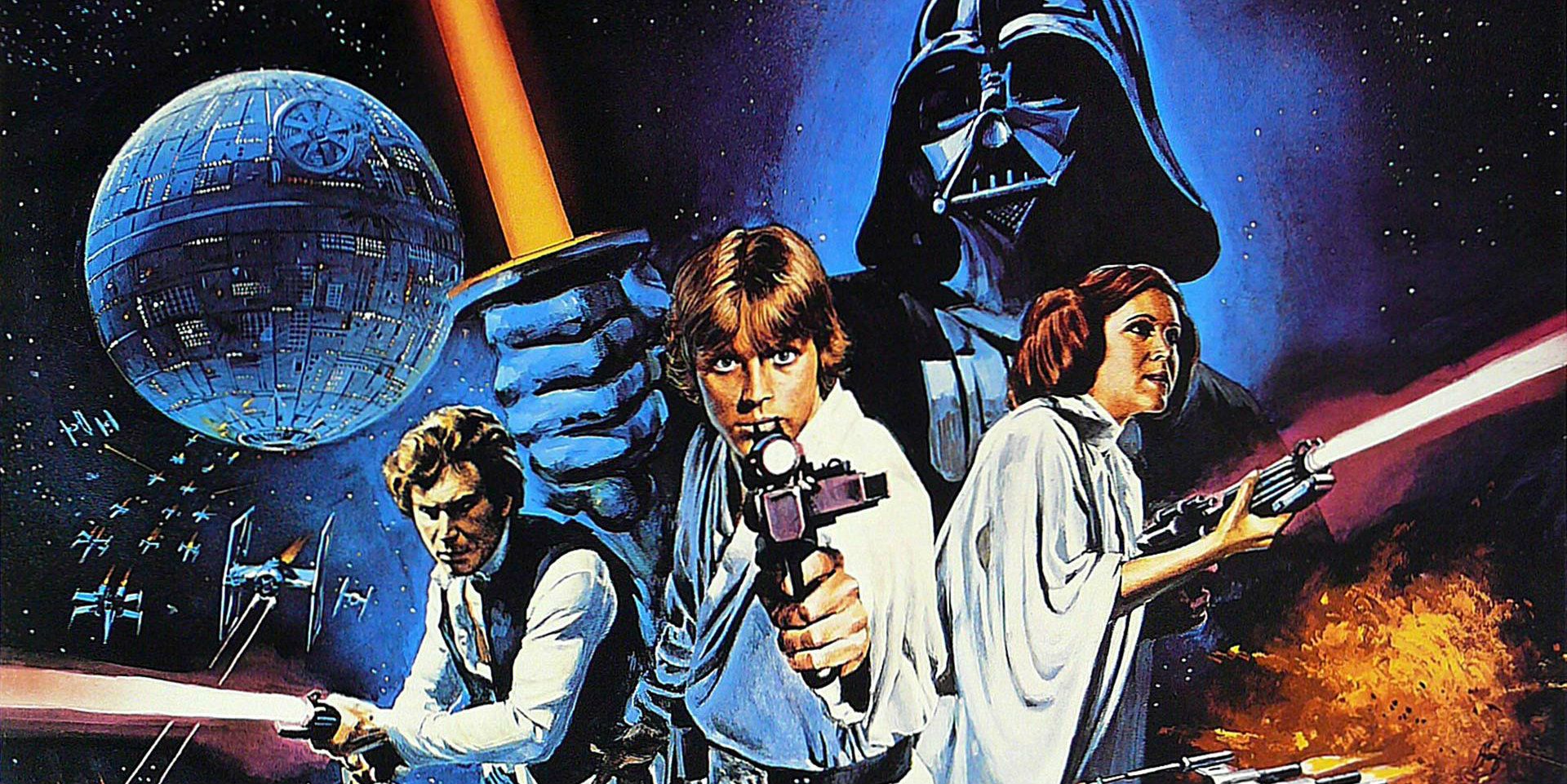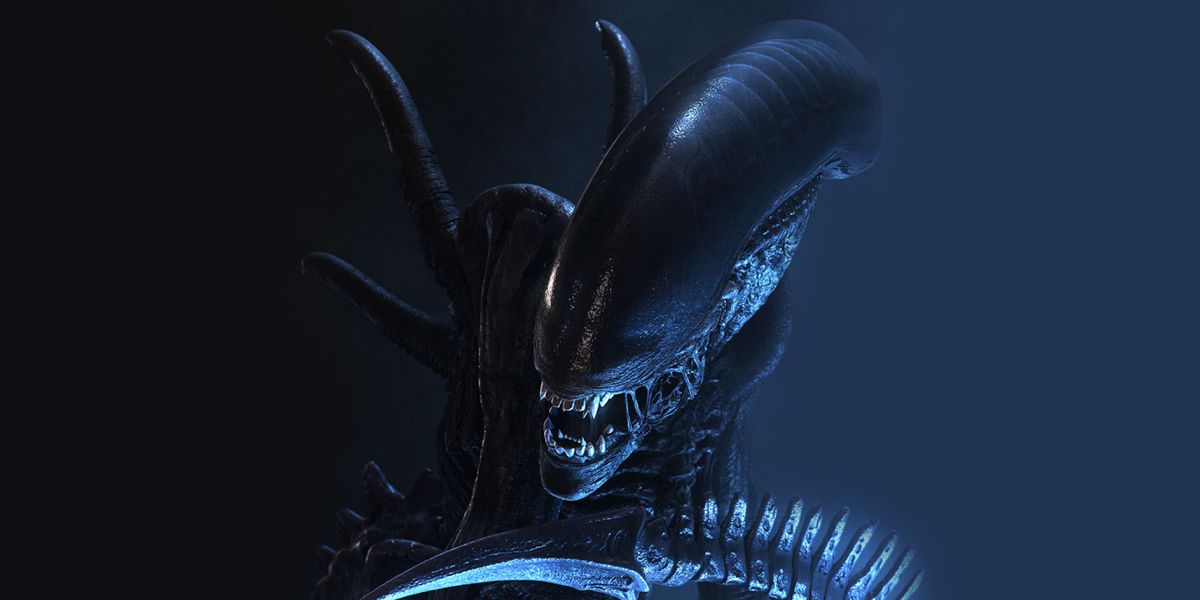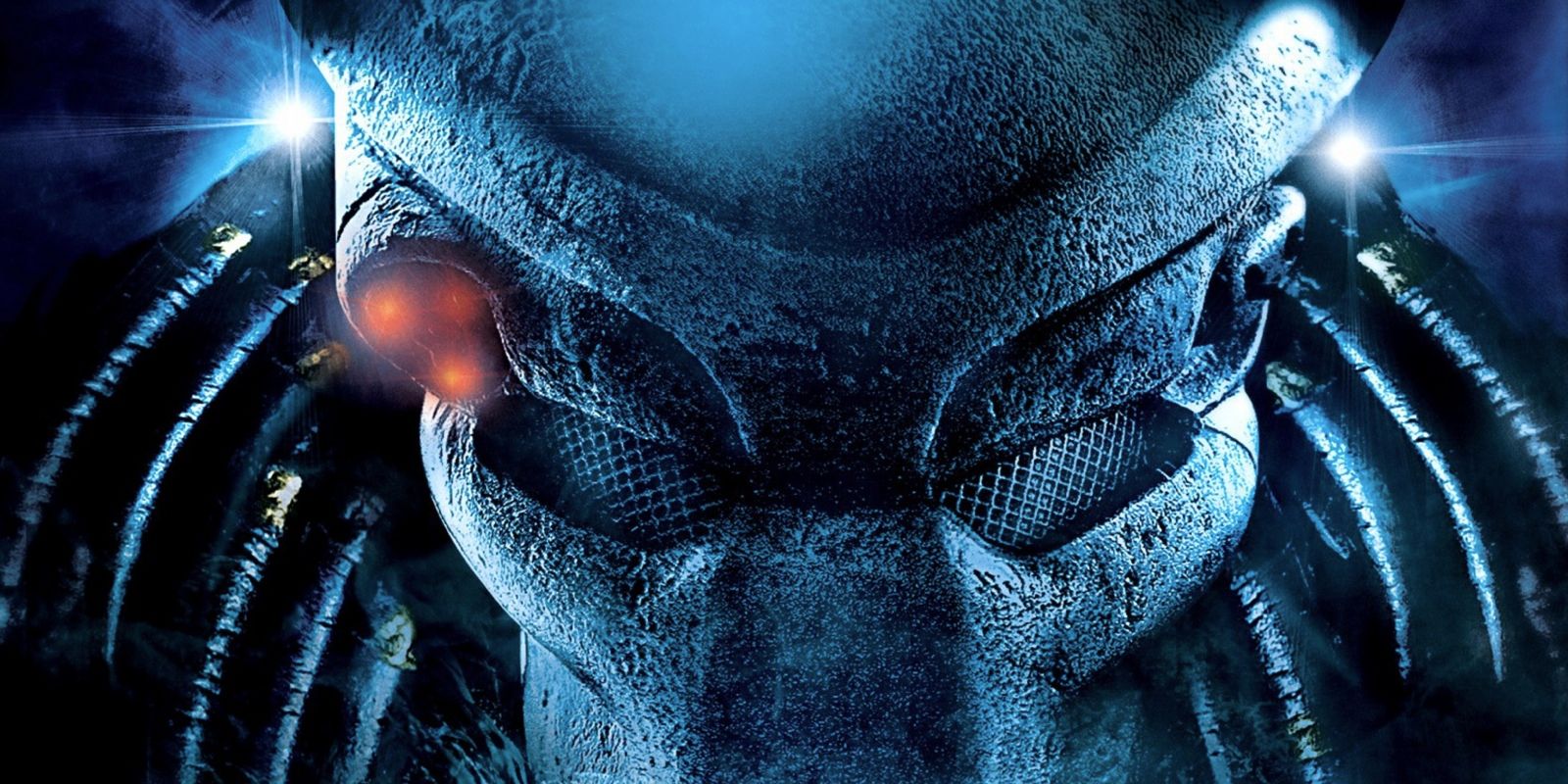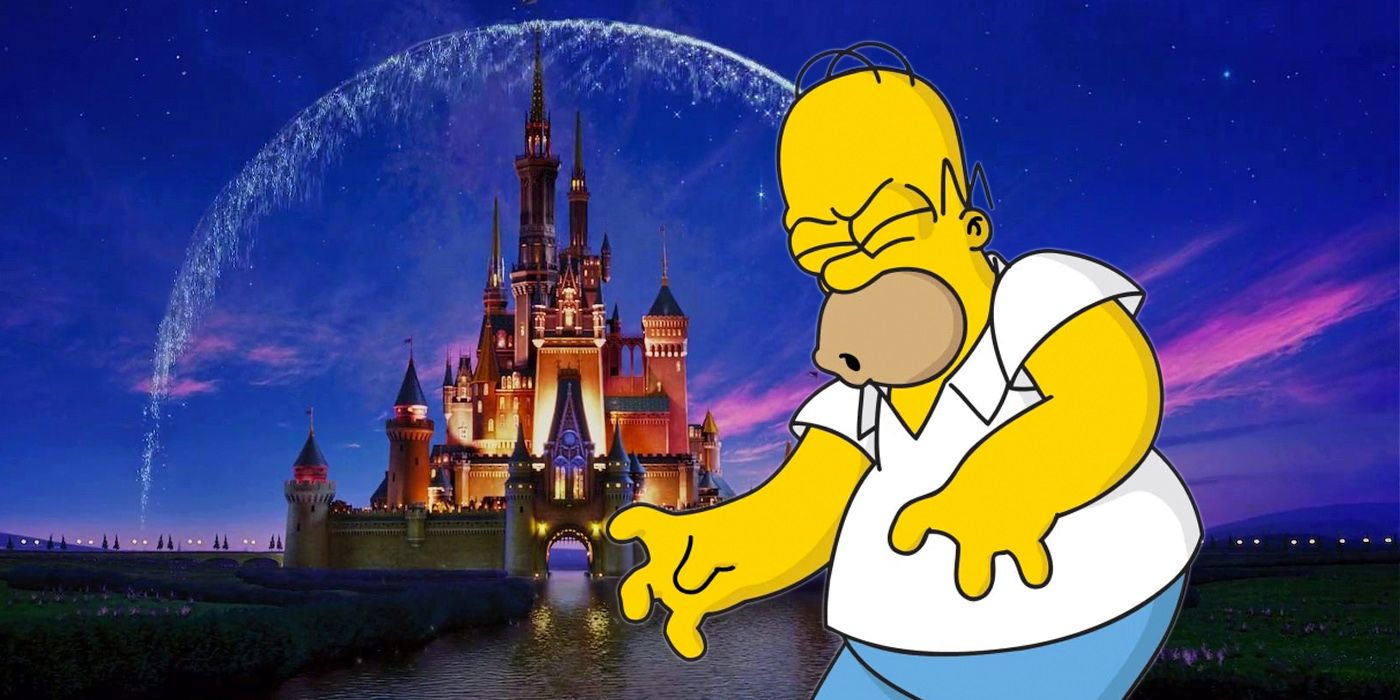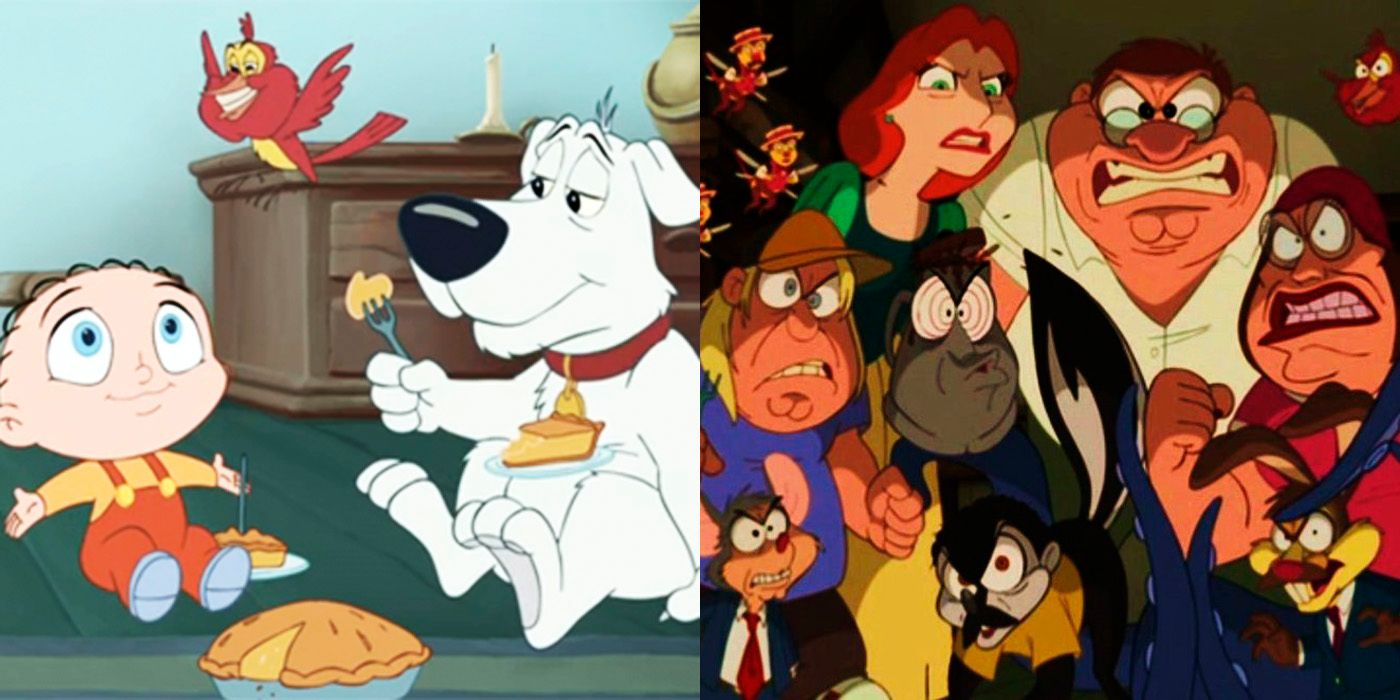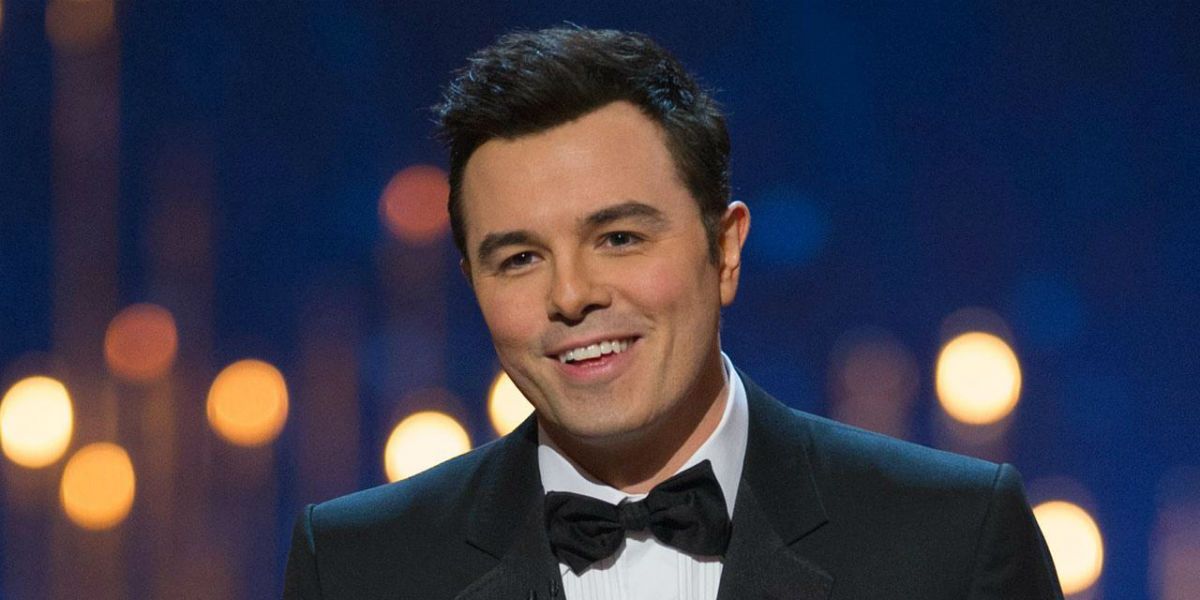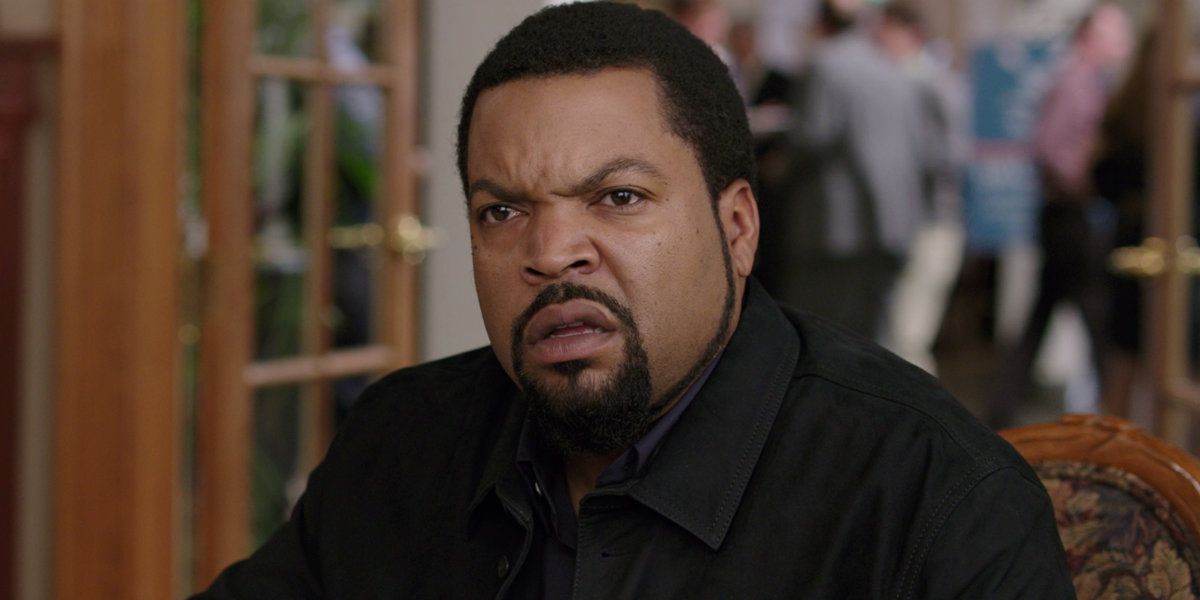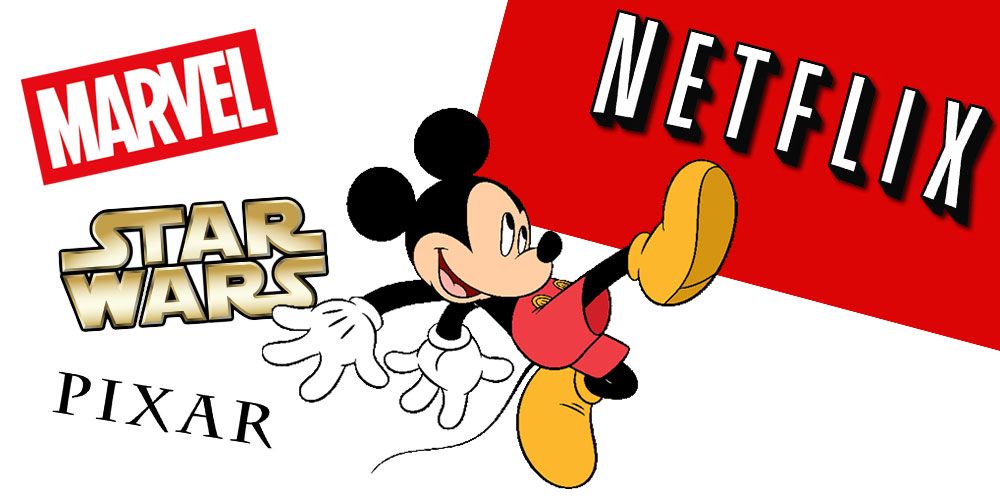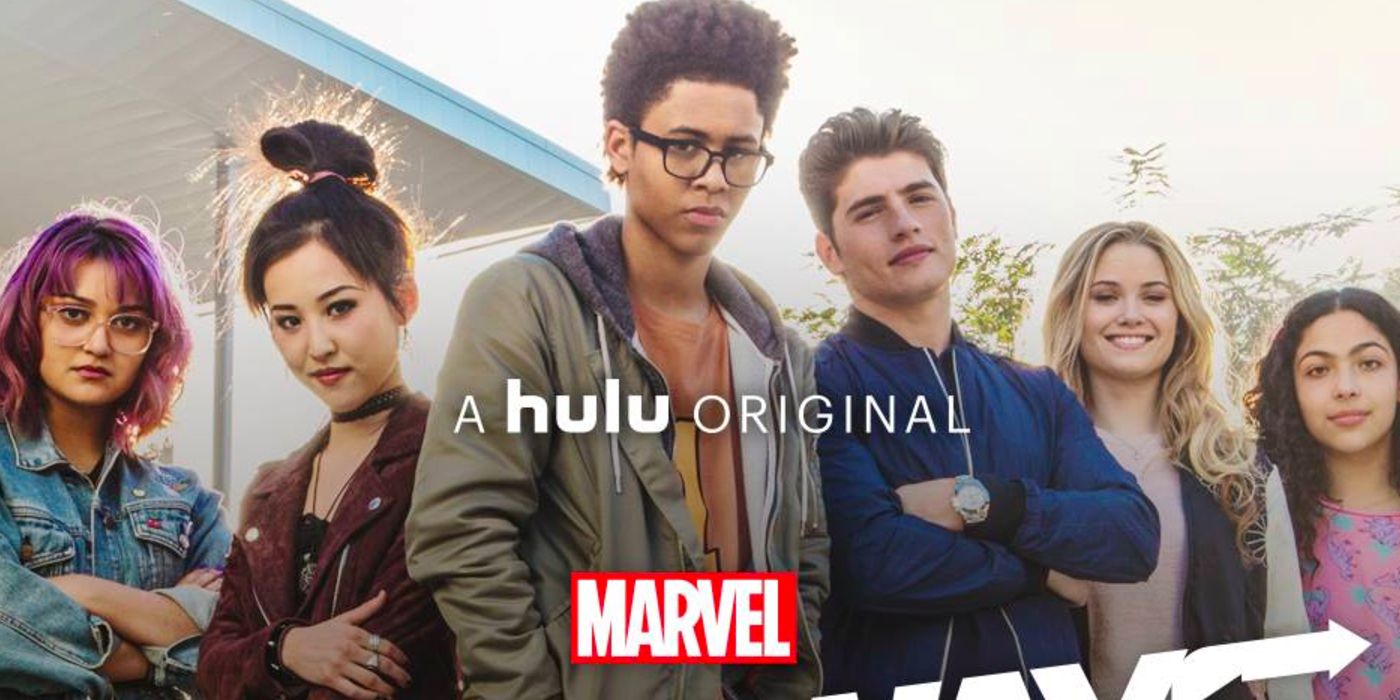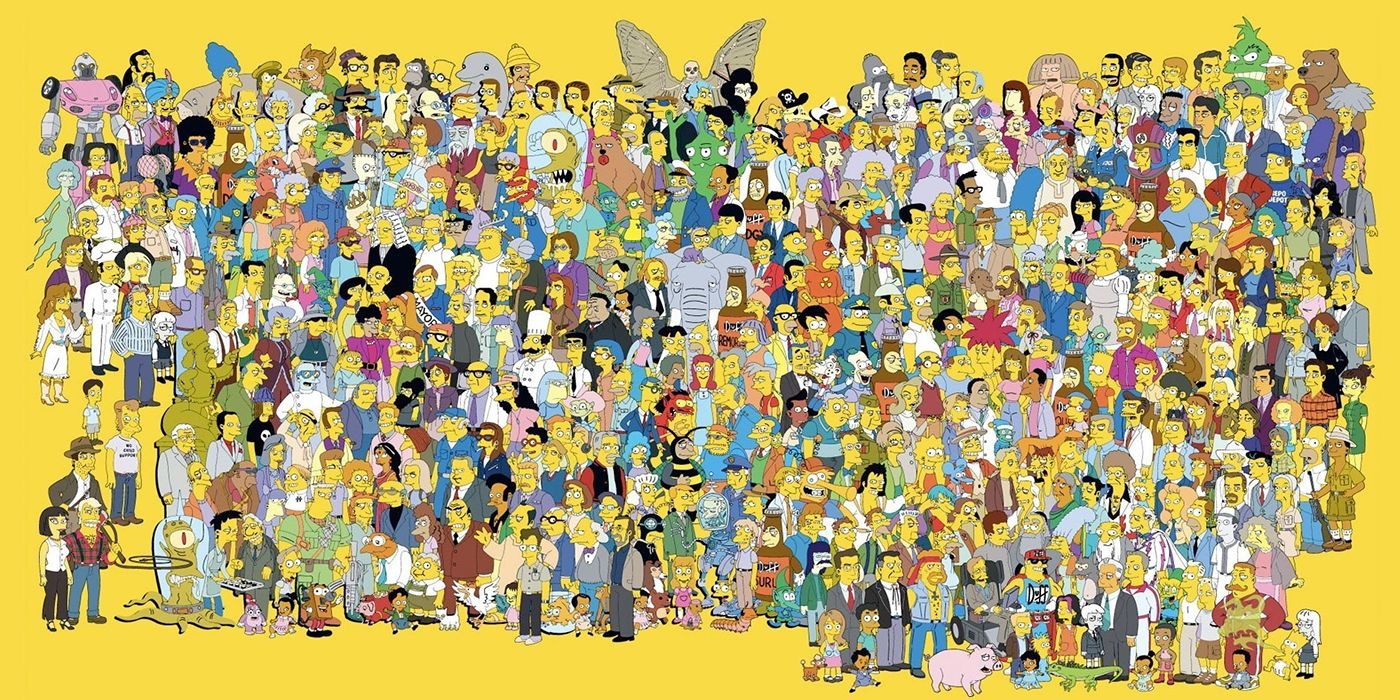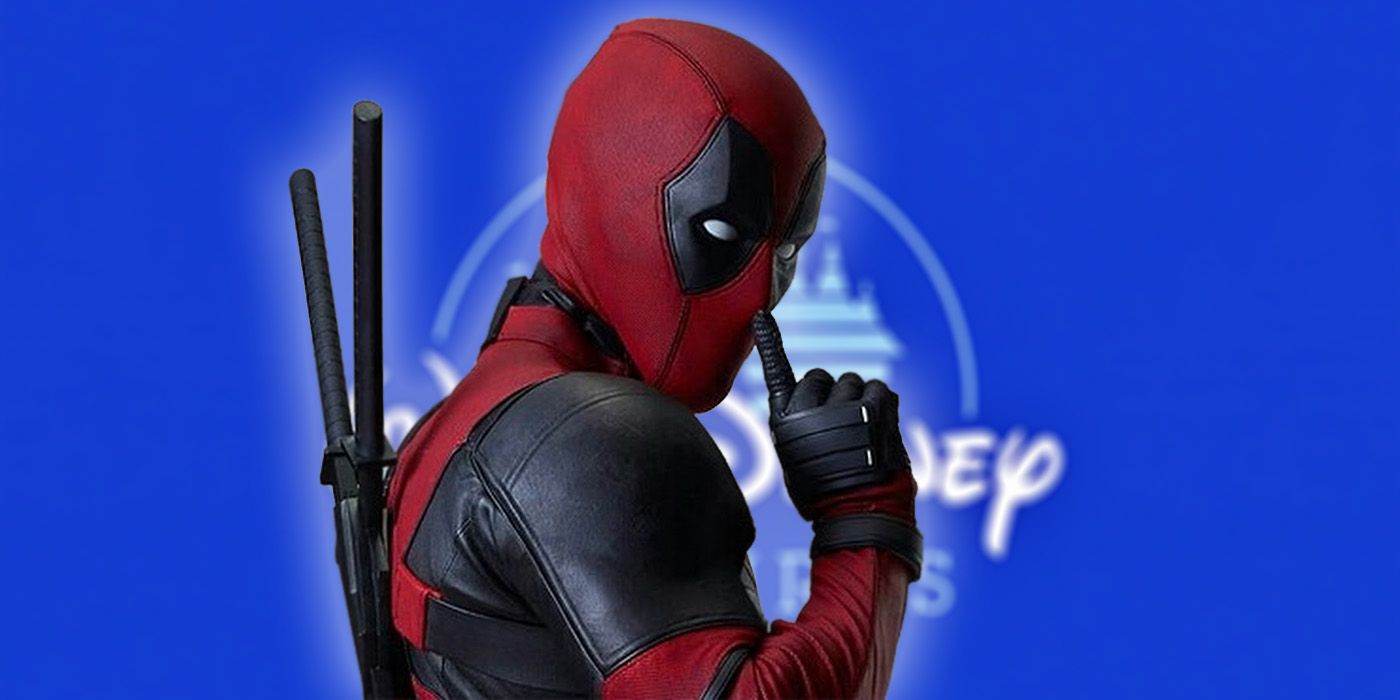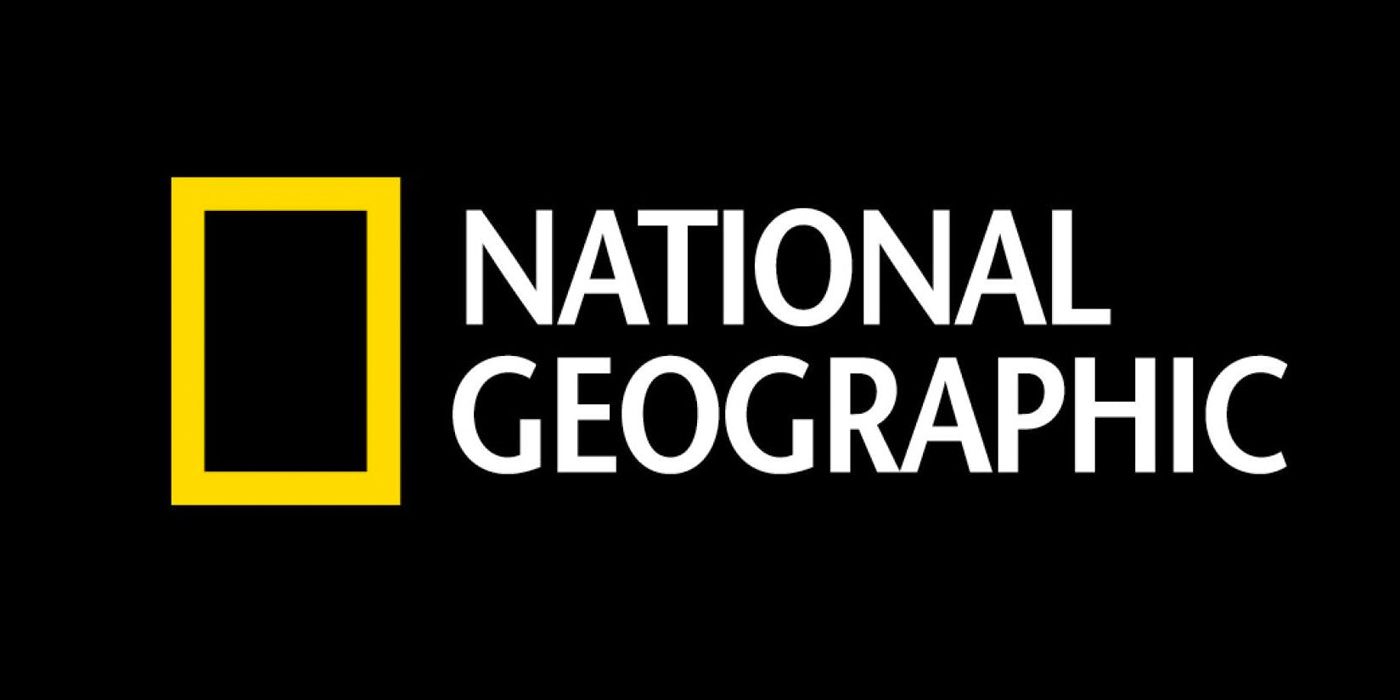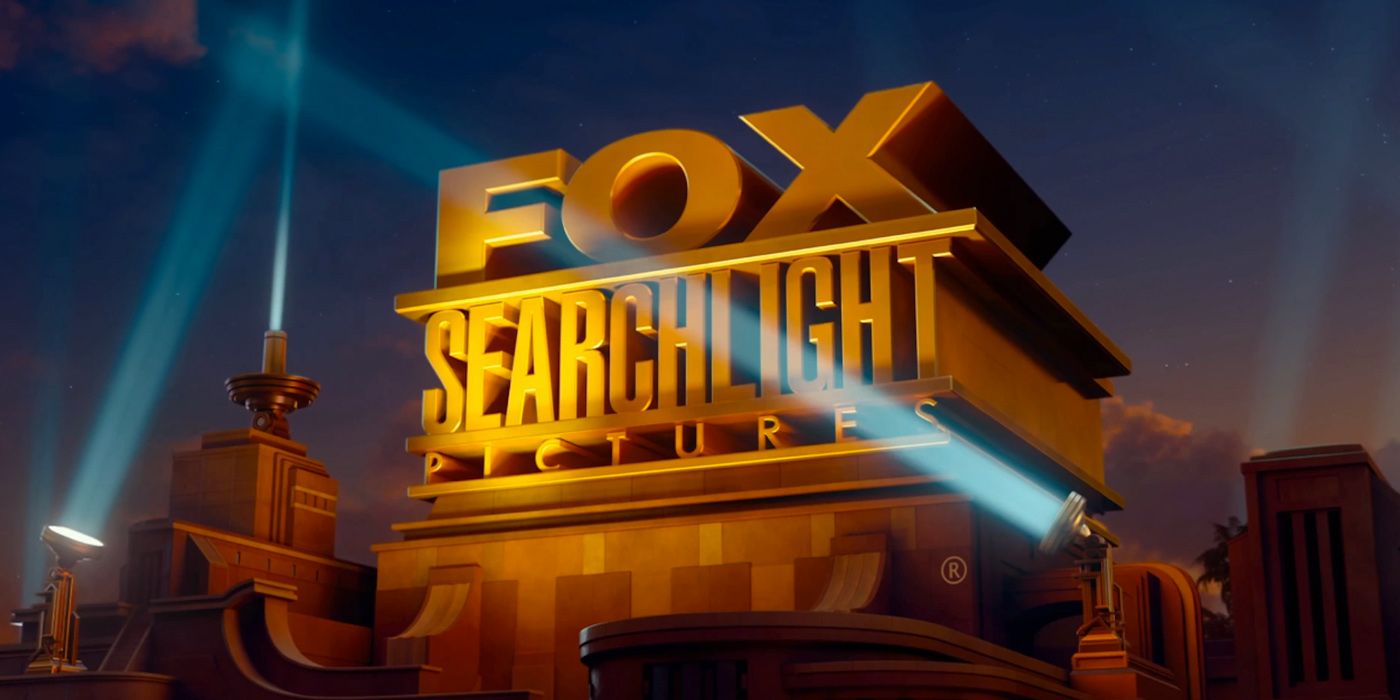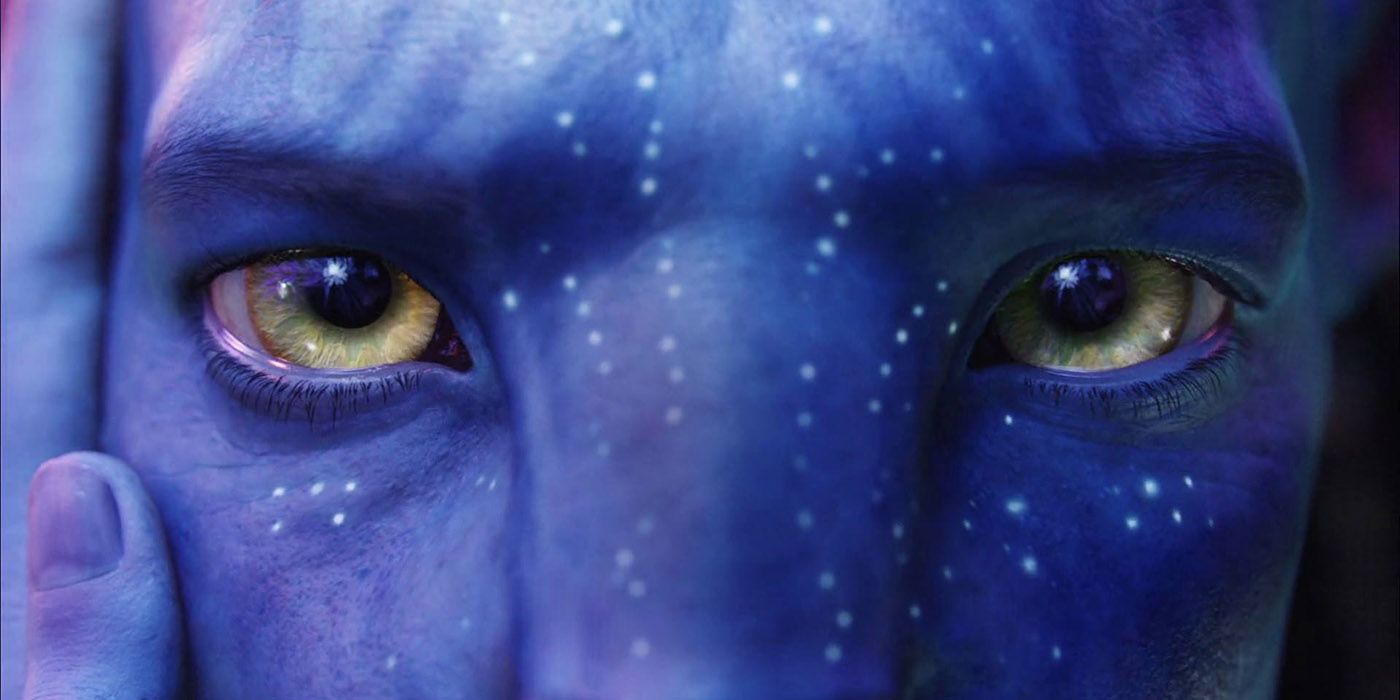Disney almost bought Fox. That much we know. But what could one of the biggest deals in movie history really mean? Today, we're going to dive deep and find out.
Corporate mergers between unfathomably enormous international conglomerates aren't easy for most people to fully wrapped their heads around - they're not designed to be. Companies large enough for their comings and goings to make the news in 2017 are seldom one entity, but rather interconnected webs of progressively smaller entities that sometimes don't even appear meaningfully adjacent to one another until it becomes convenient for it to appear otherwise. For example: most people think of chocolate and candy when they think of the word "Nestle," but the Nestle Corporation is also behind everything from General Mills Cereal to L'Oreal Cosmetics and (extremely controversial) ownership of entire pieces of geography in order to control fresh water sources.
Related: Disney's Failed Acquisition of Fox Explained
So when the Walt Disney Corporation was discovered to have entered into talks to purchase the film and television assets (excluding news and sports operations) of 21st Century Fox, the most prominently buzzed-about potential results of such a maneuver centered on the possible return and re-integration of the X-Men and Fantastic Four franchises to the Marvel Cinematic Universe. As was the case with Spider-Man at Sony and The Hulk at Universal, movie rights to the Mutant and Fantastic Four characters were sold to Fox over two decades ago before Marvel formed its own production studio (and was subsequently purchased by Disney), but whereas deals were struck to share use of Hulk and Spidey for the MCU, contentious relations between execs at Fox and Disney have kept Logan and company firmly segregated.
But while the potential of seeing Wolverine and The Thing share screentime with Spider-Man and The Avengers in the near future may be the "sexiest" headline to come out of these discussions (which were reported to not be "currently active" but also by no means permanently scuttled, with mere news of "talks" sending both Disney and troubled Fox Studio's stock prices soaring), the two companies collectively control so many different entertainment enterprises and intellectual properties between them that even a partial sale has the potential to dramatically change the face of global popular culture.
Here are 15 of the biggest and most noteworthy films, TV shows, entertainment companies, celebrity content-creators and intellectual properties that could undergo major changes (for good or for ill) if and when The House That Mickey Built takes control.
Star Wars, Alien and Predator (This Page)
Disney Finally Owns The Original Star Wars
It's far from the most valuable jewel the Disney Empire could add to its crown by plucking Fox away from NewsCorp (the powerful Rupert Murdoch-founded media conglomerate that currently owns Fox and would retain Fox Sports and the controversial Fox News properties after the hypothetical sale), but the so-called "Fox Fanfare" possibly being once again attached to the opening of new Star Wars movies would likely warm the hearts of particularly nostalgic fans of the ongoing Skywalker Sagas. Whether Disney would actually drop in the "classic credits" moment for future Star Wars films (or even if they'd keep the Twentieth Century Fox brand active, period) is unknowable, but if it was to come to pass it would almost certainly become the most high-traffic trumpet-related entertainment news story of the decade.
Read More: What Would A Fox/Disney Merger Mean For Star Wars?
The importance of the deal to Star Wars goes bigger than that, though. Fox currently owns the distribution rights to the original six films, and while the options on five of those expire in 2020, due to George Lucas' dealing in 1976 they own the original film in perpetuity. A deal may finally see the full saga come home.
THE FUTURE OF THE ALIEN FRANCHISE
There's a story (likely apocryphal - aka "made up, but well-traveled") that someone working on one of the more recent (post-First Class) X-Men movies at Fox sent a memo up the chain of command asking to double-check whether or not the studio's deal with Marvel included the rights to use "The Brood," a race of reptile/insect-esque aliens that bedeviled the X-Men in a handful of well-regarded comic stories from the franchise high-point. So goes the story, the request came back asking for clarification as the who/what The Brood were, and upon receiving their explanation an unnamed figure in power at Fox was said to have opined: "Isn't that just The Alien? Just use The Alien, we definitely own that."
Whether or not a Fox executive actually did casually pitch a crossover with the X-Men movies (stranger things have happened), the fact remains that Fox absolutely does control all rights to the Alien franchise and the iconic space-monster antagonists of the title. But while said creatures (technically called "Xenomorphs" within the series) remain one of pop culture's most famous modern monsters, the property is widely viewed as "troubled" in the current media landscape following mixed reviews and declining box-office for the last two installments and the uncertain future of director Neil Blomkamp's planned Alien 5. The Fox deal would put Disney in control of an extremely popular set of characters - but would the famously family-friendly studio be interested in continuing a series of expensive R-rated horror features?
THE FUTURE OF PREDATOR
Fox's other big space-monster property, Predator hasn't been seen in theaters since the retro/grindhouse-flavored spin-off Predators several years ago. That concoction didn't quite reawaken the franchise (which had stalled out after the disastrous reception of Alien Vs. Predator: Requiem) the way Fox wanted it to, but the studio is about to try again with hotly-anticipated revival called The Predator from mischief-making writer/director Shane Black, who was part of the cast in the original film before scoring fame as the screenwriter of Lethal Weapon and has seen his Hollywood star rise once again after having helmed Iron Man 3 to a series-best worldwide blockbuster status.
Related: Why Shane Black Was Immediately Killed Off In Predator
That means that The Predator's current caretaker is himself on friendly terms with the Disney Machine, but the same reticence about R-rated fare that makes Alien an unusual part of said machinery would likely hold true in this case as well. Neither case needs to automatically be bad news for fans, but it will definitely mark a change in approach for either the films themselves or Disney itself.
THE SIMPSONS AT DISNEY
At this point Simpsons fandom is mainly split between fans who believe the series should have ended 10 to 15 seasons ago and those who'll go as far as 20. While ratings remain solid and critical consensus has fluctuated over the years, that what will very soon be the longest-lived prime-time TV series in the history of the medium has seen better days is fairly widespread - just not as widely spread as the ubiquity and merchandising imprint of the property itself. "Still as good" or not, The Simpsons and its characters are one of the strongest brands on the planet, extending to far-flung corners of the world in a way that few American sitcoms ever have and even outpacing the popularity of certain Disney properties of similar vintage.
While The Simpsons' characters and their world are already licensed for theme park use to Universal Studios for a long-term arrangement (the same reason you don't see Marvel-branded rides launching at Orlando's Walt Disney World), it's not hard to imagine the property gradually making its way into the Disney collective fairly quickly. Perhaps more immediately, the prospect of the long-awaited sequel to The Simpsons Movie almost certainly becomes more likely given Disney's much larger (compared to Fox) feature animation division.
Read More: A Fox/Disney Deal Could Finally Cancel The Simpsons
THE FATE OF FAMILY GUY
Unlike The Simpsons (which was considered "edgy" in the early-90s but is today probably the most family-friendly animated offering in prime time) Fox's other animated juggernaut would prove a more awkward fit with Mickey and company. That wouldn't likely mean the "end" the Griffin Family on the Fox Network - the series has remained profitable enough to stay on the air even after its own creator/star openly opined that it probably should have ended years ago.
But it might impact wherever the franchise might head next: A Family Guy movie has been suggested as a plausible "endgame" for the series for years now, but (inevitably) R-rated comedy has seldom been in Disney's wheelhouse. That doesn't need to be a dealbreaker, but the fact is the likely box-office take for a Family Guy feature may have made for attractive leverage for a studio in Fox's situation. Slightly less so for the powerhouse with Disney and Marvel to its name.
SETH MACFARLANE GETS A NEW HOME
On the other hand, Family Guy and a handful of other Fox TV and film licenses come with ties to the series' creator and main voice actor, Seth MacFarlane. And while the prolific writer/producer/singer has long remained a controversial figure for his button-pushing comedic sensibilities and perceived overreliance on so-called "reference comedy", MacFarlane has also quietly built himself into a reliable industry fixture whose strong relationships with an offbeat cross-section of emerging Hollywood talent has made him a shrewd industry power-broker whose latest project for Fox, The Orville, was recently renewed for a second season.
Whether or not MacFarlane's production deals with Fox's TV and film divisions would be affected by a Disney takeover is a matter for contract lawyers, but otherwise it's not hard to imagine him exploring projects within the broader Disney empire: An avowed fan of Star Wars, he famously undertook full-length parodies of the Original Trilogy using the Family Guy cast; and Disney has had positive experiences putting other once-edgy Gen-X comedy voices like James Gunn at the helm of Marvel properties in recent years.
Related: Why Now Is The Right Time For Seth MacFarlane's The Orville
ICE CUBE BECOMES MORE VALUABLE
On the subject of unexpectedly powerful media moguls, onetime hip-hop icon turned movie star Ice Cube has made a strong later-career turn into Hollywood player. His Cube Vision production company has been behind moneymaking hits like the Friday and Barbershop movies and scored a big hit in 2015 as one of the powers behind Straight Outta Compton, which dramatized the founding of Cube's iconic hip-hop outfit NWA.
More recently, Cube Vision parlayed its successes into an eye-catching "first look" deal with Fox Television Studios - which stipulates that any TV projects Cube Vision produces over the next several years will be offered to them first. While Cube has not necessarily found the same level of success on the small screen as in theaters or music (most of Cube Vision's TV projects, including series adaptations of Friday, Barbershop and Are We There Yet?, only lasted a single season), but his professional connections to a whose-who of prominent Black talent in Hollywood and the hip-hop community could make Cube's operation as a significant bridge to sought-after demographic that Disney has often struggled to connect with.
DISNEY VERSUS NETFLIX
Disney made headlines in recent months when they announced that they were going to remove some (but not all - most notably not the popular Marvel series) of their content from the Netflix streaming platform as part of an ambitious plan to launch their own dedicated service. And while few companies would be better equipped to compete with Netflix (or Amazon, for that matter) in terms of content quality and sheer scope than Disney; the conventional wisdom in the streaming scene has long been that there's no such thing as too many options.
Read More: Disney Streaming Service Needs 32 Million Subscribers To Break Even
Fox film and TV comes with the rights to an imposing back catalog of content (The Simpsons alone has been carrying its own dedicated stream for several years now), even a fraction of which would go a long way to making a prospective "Disneyflix" venture more attractive to potential customers who might otherwise have balked at paying for another streaming service "only" to watch Marvel, Star Wars and Disney Animation content.
THE FATE OF HULU
On the subject of streaming, the deal would dramatically increase Disney's control (via the Disney-ABC Television Group company) over the popular Hulu TV streaming service, which it currently shares joint ownership of with Fox, Comcast and Time Warner. What that would mean for a potential Netflix competitor is unknown (likely minimal, given that Hulu is overwhelmingly more focused on episodic TV content), but the other investors may take exception to that level of power-consolidation by Disney.
Such exception could raise the specter of antitrust laws being potentially violated - something that could place the deal itself or certain other key facets in the crosshairs of federal regulators and other government-adjacent watchdog organizations both in the U.S. and abroad, and that all involved are likely to try and avoid wherever possible. This could conceivably lead to Disney and Fox properties having to separate from Hulu in order to preserve the rest of the venture, which would be a significant blow to the service itself.
FOX NETWORK, FX AND FXX
The Fox Television division in the U.S., comprises the powerful Fox Network and cable ventures FX and FXX (plus several other less prominent outlets), all three of which would together nearly double Disney's broadcast TV imprint (currently including ABC, Freeform, The Disney Channel, Disney XD and Toon Disney). That could be good news for a studio that can always use more options on which to run its increasingly diverse lineup of content.
Related: Marvel's New Warriors: Who Is Squirrel Girl?
Disney is already seeking an alternative home for the onetime Freeform-targeted Marvel Cinematic Universe-connected series The New Warriors (which is set to feature fan-favorite characters Squirrel Girl, Speedball and others), and the difficult launch of Inhumans is already being partly blamed on a prime-time ABC slot possibly being a poor fit for the unusual franchise. It's also likely that the networks would be targeted as prospective homes for the much-discussed Star Wars TV projects - whenever they get around to announcing those.
SKY AND STAR TV
As noted previously, Disney already controls a powerful network of network and cable television outlets - and acquiring Fox's collection of the same would make their media footprint truly massive. But U.S.-based broadcasting companies are far from the be-all end-all of the medium worldwide. Even as media itself becomes increasingly globalized, American-originated outlets compete (often at disadvantage) with more local networks in Europe and Asia, often built around powerful satellite-based services.
Fox currently controls two of the biggest such satellite services, UK-based Sky and Satellite Television Asia Region, aka "Star TV," and a Disney/Fox unification would place both impressively wide-ranging services at the command of The Mouse - which has otherwise faced a measure of difficulty in inserting itself into global regions where either Sky or Star TV are already dominant players (Star India alone reaches an estimated 650 million viewers in India a month across dozens of content-specific sub-channels). For good or ill, Disney is making a very clear play to be the most powerful entity in what some believe is an inevitable "post-national" worldwide entertainment and cultural industry - and this would be a dramatic leap forward in the direction of that goal.
R-RATED MOVIES?
As noted in regard to Fox's Alien and Predator properties, Disney doesn't typically involve itself in R-rated fare. But acquiring Fox would put it in charge of several brands whose fanbases (or core premises) tend to demand exactly that: Both Logan and Deadpool, though adjacent to the more family-friendly X-Men films, base much of their appeal on their decidedly mature-audiences-only stature, and even outside the genre realm Fox has been a reliable backer of R-rated action, horror and adult-drama features in an era where the need for films to perform in the global marketplace has put a ceiling on the profit-prospects of more violent or sexually-charged theatrical releases.
Read More: "R" is the Secret to Deadpool & Logan's Success
Indeed, the general avoidance of such material is part of what's made Disney's universal appeal so, well... universal. But while it feels inevitable that even family-centric companies will eventually recognize the need to produce a certain amount of R-rated or otherwise "adult limited" content to continue servicing the breadth of audience demographics, that shift is probably still a few years off and in the short term the further reach of Disney is probably not altogether positive news for devotees of R-rated feature films.
NATIONAL GEOGRAPHIC REBORN?
Once upon a time, The National Geographic Society was THE name-brand in nature documentaries and general science-reporting in terms of the mainstream audience. But the explosion of alternative options and competitors over the last decade, coupled with a draw-down in governments spending on science education that frequently benefited such enterprises has seen its star diminish somewhat - as has its corporate association with Fox, whose owner Rupert Murdoch is viewed with suspicion and skepticism by much of the scientific community on account of his rigidly-conservative political activism and the controversial public stances of the Fox News division.
Disney, on the other hand, has been (as corporations go) an enthusiastic backer of many causes National Geographic has long been part of, and maintains an independent film unit called Disneynature (launched in the wake of seeing March of The Penguins become a surprise global hit after Disney failed to acquire its distribution rights) that brings animal-welfare and science documentaries to theaters and supports conservation efforts fronted by the Disney Animal Kingdom park ventures. Bringing National Geographic's film, TV and publishing arms under that same umbrella could mark a significant revival for a storied brand that has struggled under Fox's leadership.
THE END OF FOX SEARCHLIGHT?
When the so-called "indie movie scene" exploded in the early 1990s, every major studio rushed to found (or bolster, if they'd already done so) "indie label" divisions dedicated to distributing, producing and releasing independent films, small-budget foreign features and semi-independent projects from promising outsider filmmakers. Fox Searchlight has long been one of the most successful and reliably risk-taking of these ventures, the driving force behind success stories like Smilla's Sense of Snow, The Full Monty, The Ice Storm, Boys Don't Cry, Napoleon Dynamite, awards darlings like Slumdog Millionaire, 12 Years a Slave and Birdman and is the frequent home for filmmakers like Wes Anderson and Danny Boyle.
Related: Can Netflix Save Indie Filmmaking?
But the heyday of such indie "mini-majors" is increasingly seen as having passed into history, with the boom times well ended and unattached independent production outfits driven by venture capital like A24 claiming an increasing share of the market and direct-to-streaming operations like Netflix, Amazon and Hulu also becoming a new prime-target for niche indie movies looking for a home (and filmmakers looking for a cozy studio relationship).
Disney was among the first majors to decide such arrangements weren't part of the strategy moving forward, relinquishing association with Miramax in 2010, and Fox Searchlight's output may not hold much interest for them as a post-acquisition asset. As noted, there would be plenty of operations champing at the bit to pick up the kind of films Searchlight once specialized in, but it would be definitely be the end of an era for independent filmmaking if Disney were to pull the plug.
MORE AVATAR SOONER?
At least one place where Disney and Fox are already working together is on the efforts to keep the long-gestating continuation of James Cameron's scifi blockbuster Avatar in the public imagination. While much of the industry and film journalism community has cast a curious eye on Fox's commitment to greenlight a slew of sequels to a film that, while massively successful at the box office, has not seemed to stick around in the pop-culture consciousness the way that Star Wars or Lord of The Rings did; Disney is betting that Avatar will come roaring back at least meaningfully enough to justify a "World of Pandora" theme park land newly launched in Disney World with the possibility of further Avatar-related features to come. Do they know something everyone else doesn't?
Whether they do or don't, a studio as financially-buoyant as Disney would probably be a more reasonable home for a franchise the scale Cameron is talking about for Avatar's sequels - and they might even be capable of getting the ball rolling and funding secured at a much faster pace than the current trajectory. It's probably not the property Disney cares most about acquiring in this case, but it's been clear for awhile that they absolutely want to be in the Avatar business.

